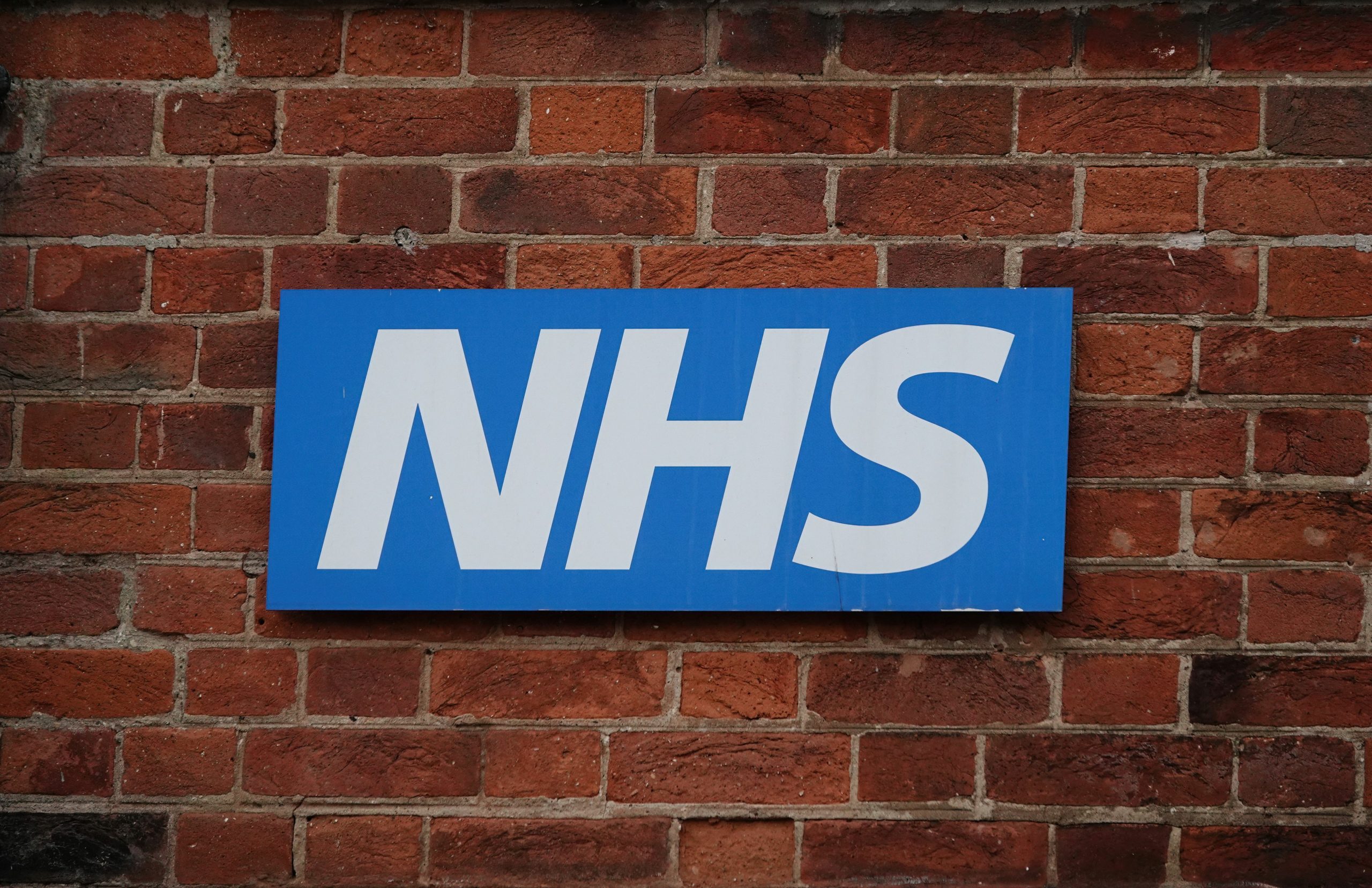This Thermology Health Analysis Could Save the NHS £200m Annually

A new analysis commissioned by Thermology Health, a medical technology spin-off from the National Physical Laboratory (NPL), reveals that its diabetic foot ulcer screening and detection technology could significantly improve patient outcomes and save the NHS over £200 million annually within the next five years.
Diabetic foot ulcers, a major complication of diabetes, often result in amputations. Currently, many ulcers are detected too late, making treatment more challenging and leading to amputations in 10-20% of cases.
The analysis, conducted by health technology consultancy Health Tech Enterprise, suggests that if adopted in the UK, Thermology Health’s technology could save the NHS over £200 million per year within five years and prevent 25,000 amputations during that period.
According to the company, the NHS currently spends around £1.5 billion annually on diabetic foot ulcers.
Globally, the number of people with diabetes is expected to increase by more than 100 million over the next seven years, reaching 640 million by 2030. Estimates suggest that 15-25% of individuals with diabetes are at high risk for foot ulcers, one of the primary complications of diabetes, which ranks among the top three chronic diseases worldwide.
“It has been proven that there is the potential for over 60% reduction in ulcerations by using temperature as an early-warning indicator. Thermology Health’s technology relies on ultra-accurate temperature readings and AI analytics and will allow patients to scan their feet at home, with a report automatically sent to their clinician. This frequent remote monitoring will prevent ulceration and amputations. Currently accurate monitoring at home is needed by 1 million high-risk patients in the UK and 100 million worldwide,” said Thermology Health CEO, Yuval Yashiv.
“We always knew that this technology has the potential to make a very material impact, both financially and for improved patient outcome. However, these studies quantify this impact and it’s astonishing to see the magnitude of the impact that it can have on the NHS and abroad.”

